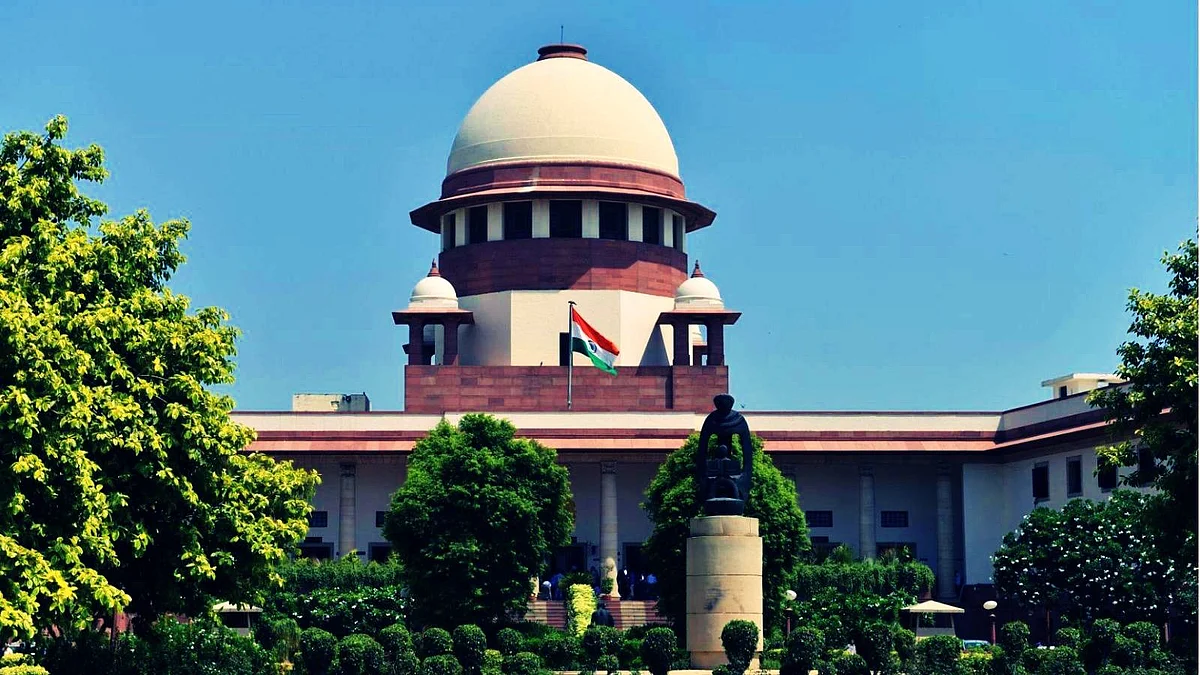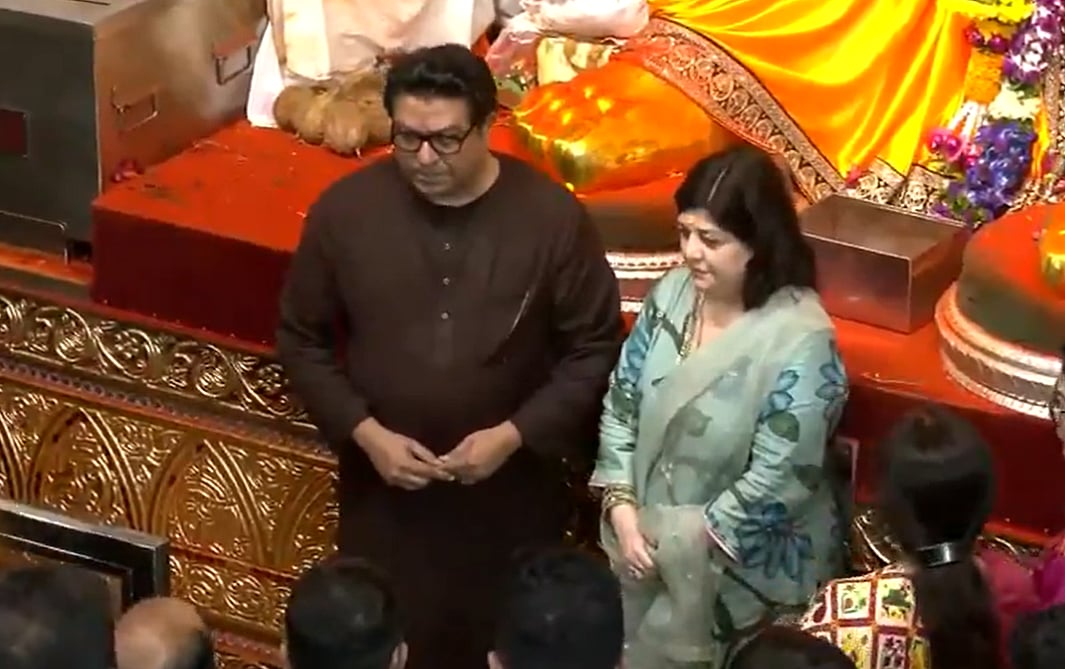Mumbai: Observing that every prisoner is bound to follow prison rules and that being in an open prison does not guarantee continued stay, the Aurangabad bench of the Bombay High Court has dismissed a plea filed by Ankur Narayan Panwar, who was convicted in the 2013 acid attack and murder of nurse Preeti Rathi, seeking re-transfer to an open prison.
“It cannot be stated that once a prisoner is placed in the open prison, he cannot be asked to be put in the closed prison,” a bench of Justices Vibha Kankanwadi and Sanjay Deshmukh noted in its June 11 order. “Inherent conditions of behaviour will have to be adhered to continuously by such prisoners.”
Panwar, 45, had been sentenced to death in 2016 for attacking 23-year-old Preeti Rathi with acid at Bandra Terminus. She had travelled from Delhi to Mumbai to join a naval hospital as a nurse and succumbed to her injuries a month later. Panwar, her former neighbour who had allegedly attacked her after she rejected his marriage proposal, had his sentence commuted to life imprisonment in 2019.
The HC was hearing a plea by Panwar challenging orders by the Inspector General of Prisons and Open Selection Committee, dated January 27 and 10 respectively, directing to shift him back to closed prison.
In March 2024, he was transferred to Paithan Open Prison and later granted fursalough. However, upon his return on December 3, 2024, he was allegedly found with a mobile battery, a prohibited item in prisons, after which he was sent back to a closed prison and declared ineligible for open prison placement.
His lawyer argued that he was denied a fair hearing and claimed the battery might have been unknowingly packed by his family. But the court rejected this, noting: “He has not specifically denied possession but then claims ignorance.”
The judges held that a show cause notice was issued and considered by the selection committee, which took its decision in line with the Maharashtra Open Prison Rules, 1971. “There is sufficient compliance of principles of natural justice,” the court said, adding that “open prison is a privilege, not a right.”










